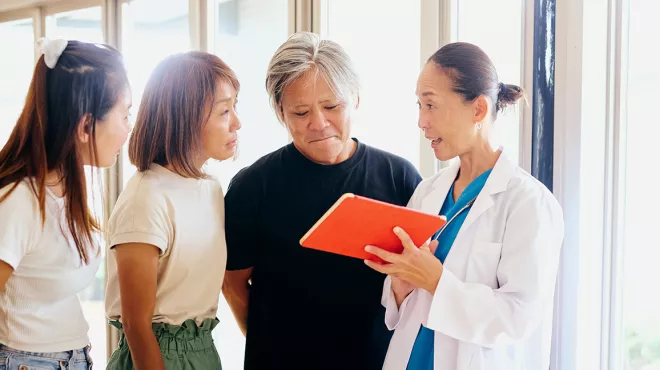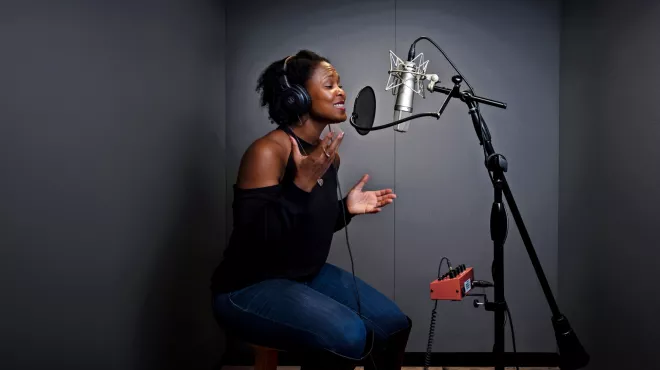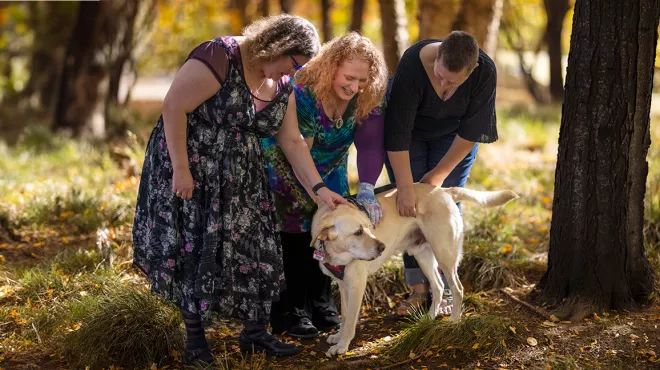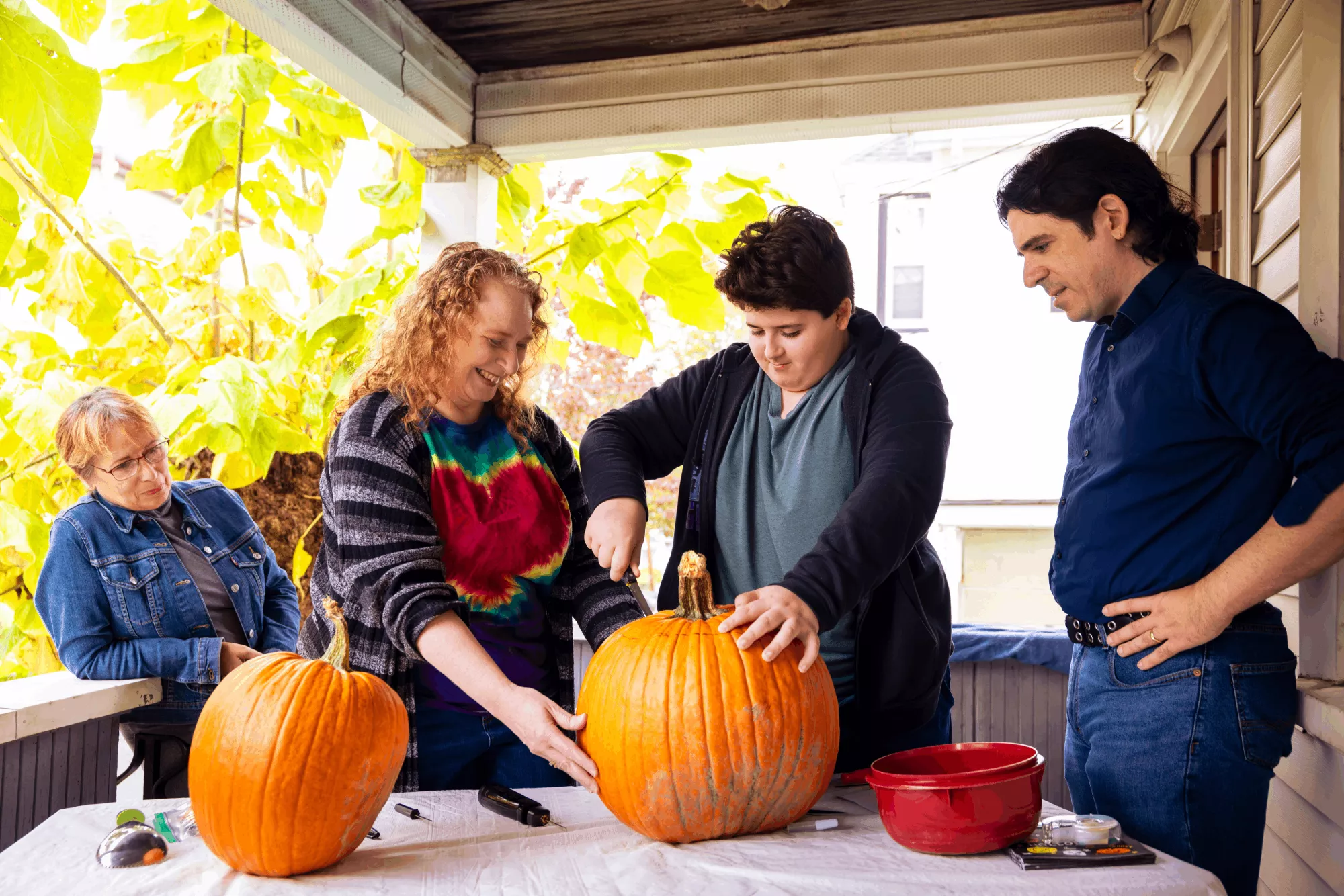
One of my first concerns was how to tell my son who was only 7 at the time,” Laurie says. “I ended up saying they found some bad cells in my body that needed to come out, and that the medicine would make me tired and make my hair fall out. He also helped to shave my head — we gave him the clippers and he did a good chunk of that.
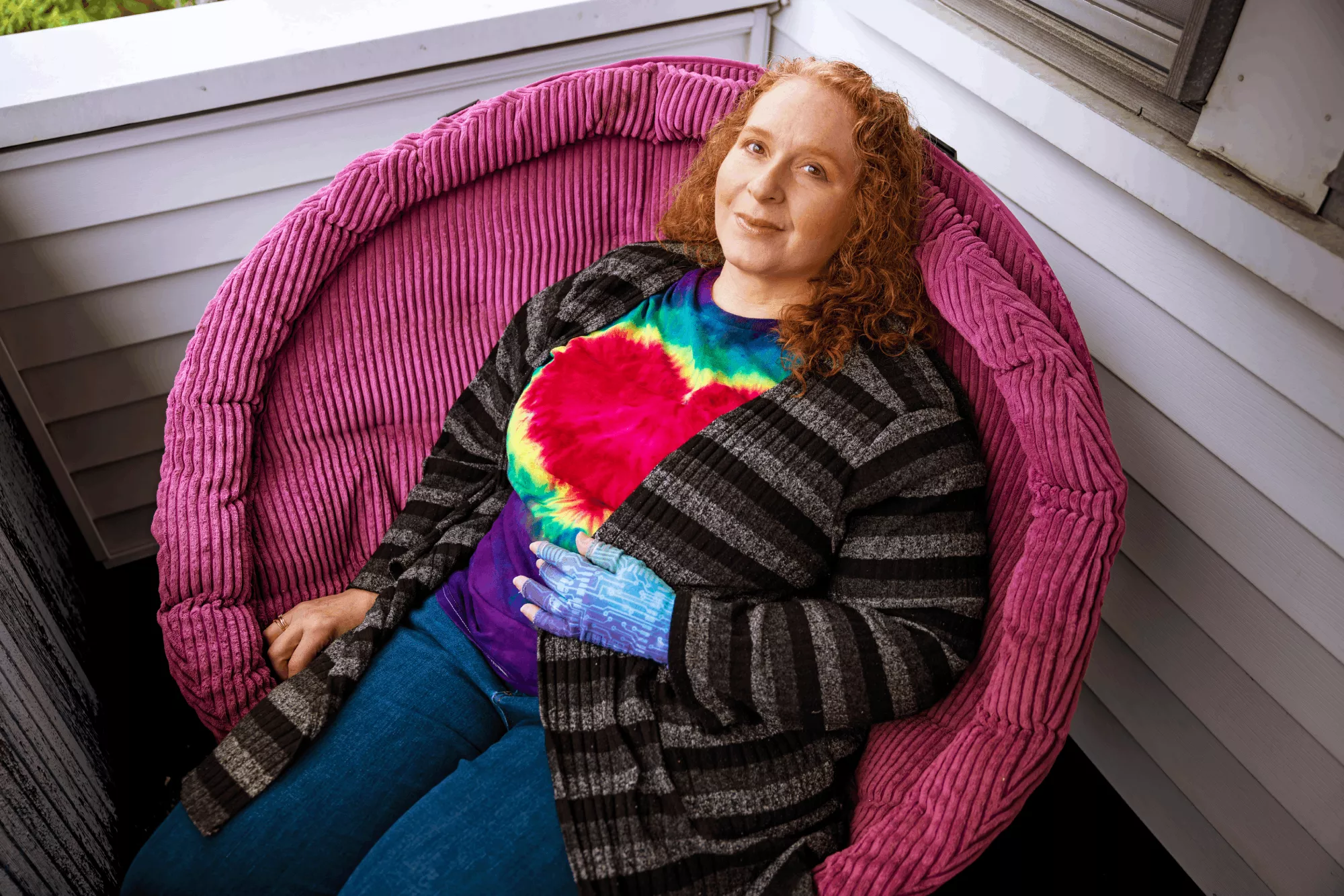
I felt that anxiety every day. I became attuned to every sensation in my body. It was the first thing that came to mind if I felt some random pain. I’ve stopped thinking about it every day, but it’s still easy for something to throw me right back.
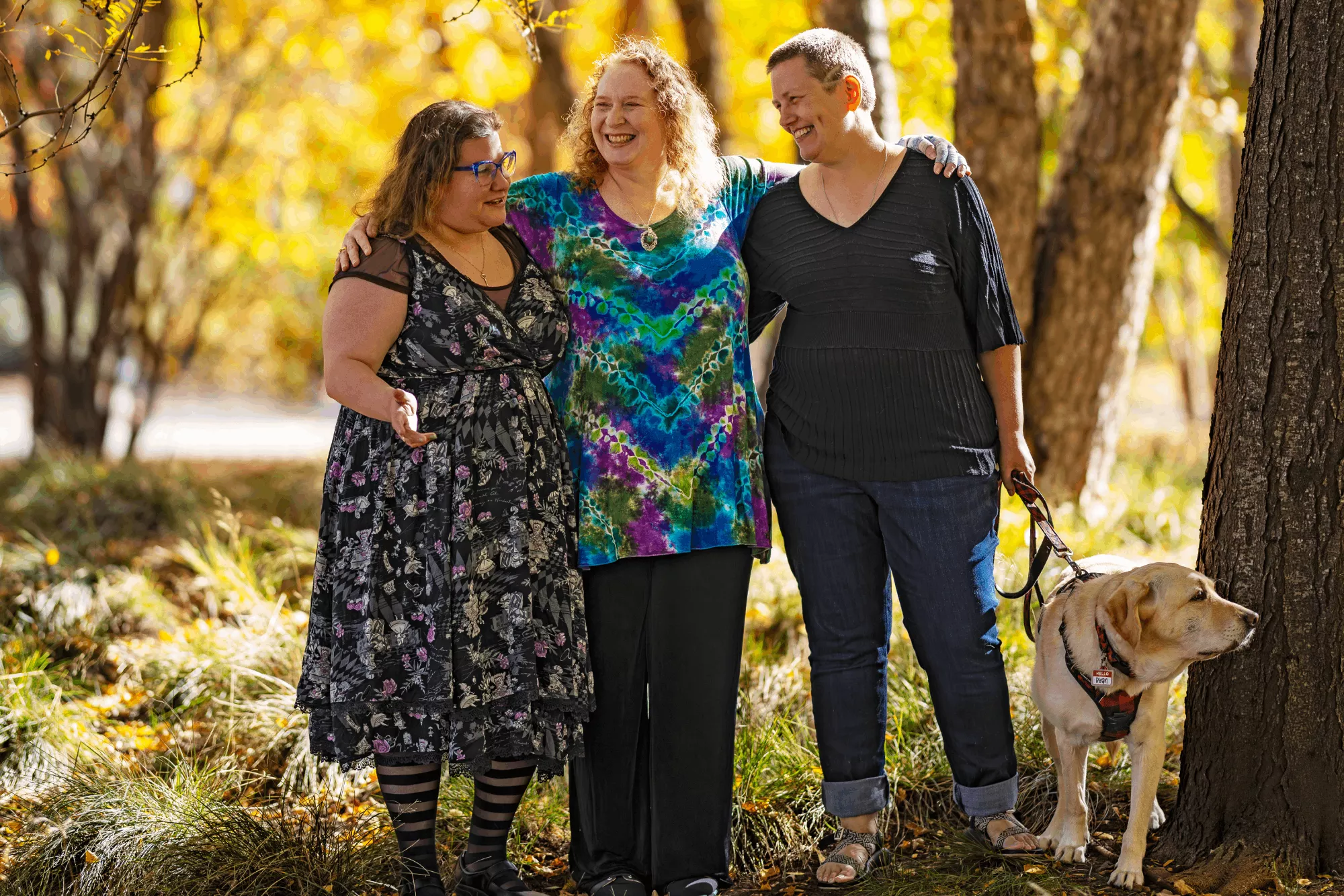
I did it for me,” she says. “I was only 48. I had a small child. And I was determined to live. But I also did it to advance the science and help others: so many people supported me, and I felt a responsibility to help lead the way for those who come after me. I’m really proud of that.
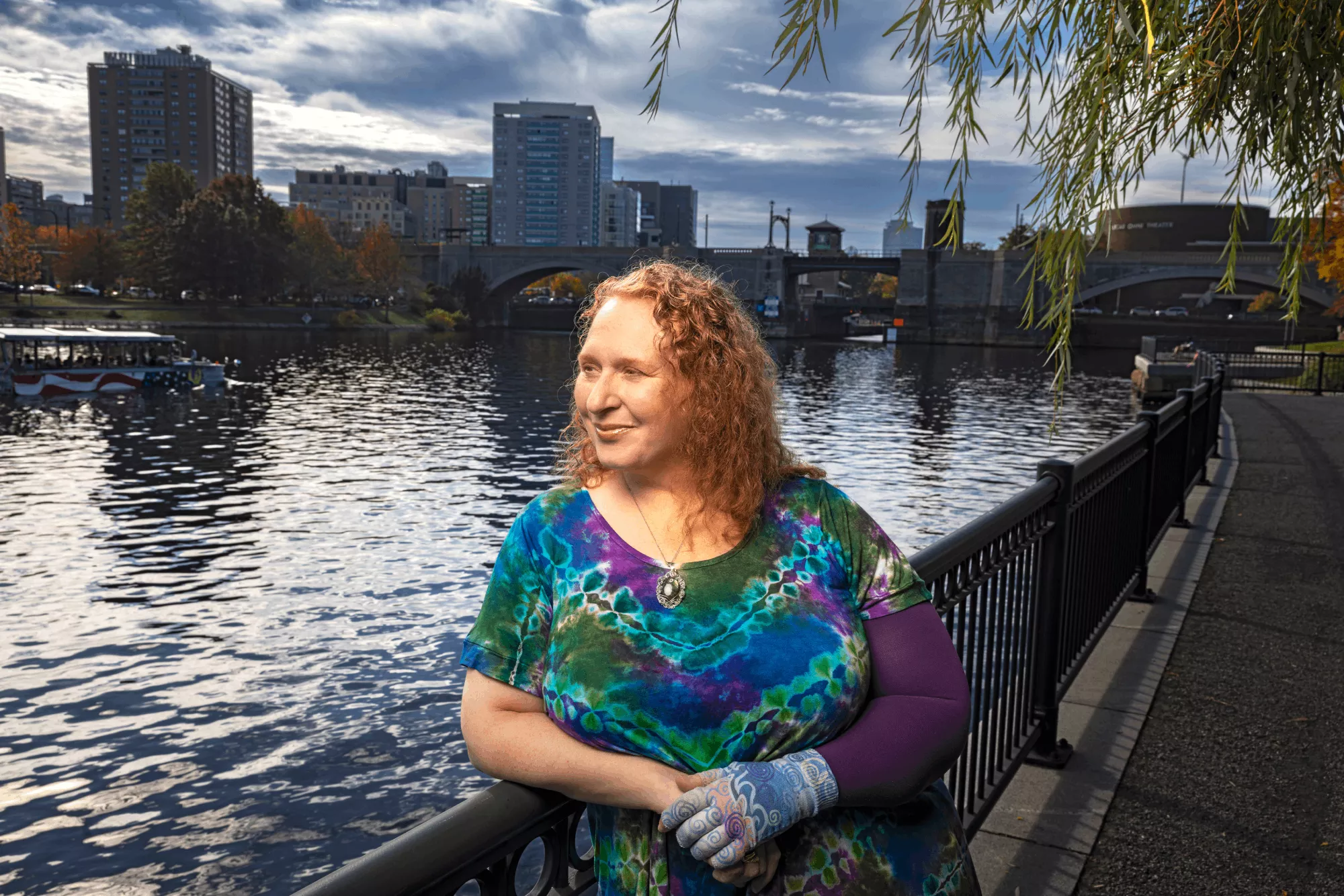
I'm not the same person that I was. Not mentally, not emotionally, not physically. Until earlier this year, when I took a leave of absence from work, I never had time to just heal and process what had happened to me. But I feel hopeful. I have many more years of life left. I can't know if or when there will be recurrence, but I know I survived breast cancer once and could do it again. I know I'm capable of getting through that.
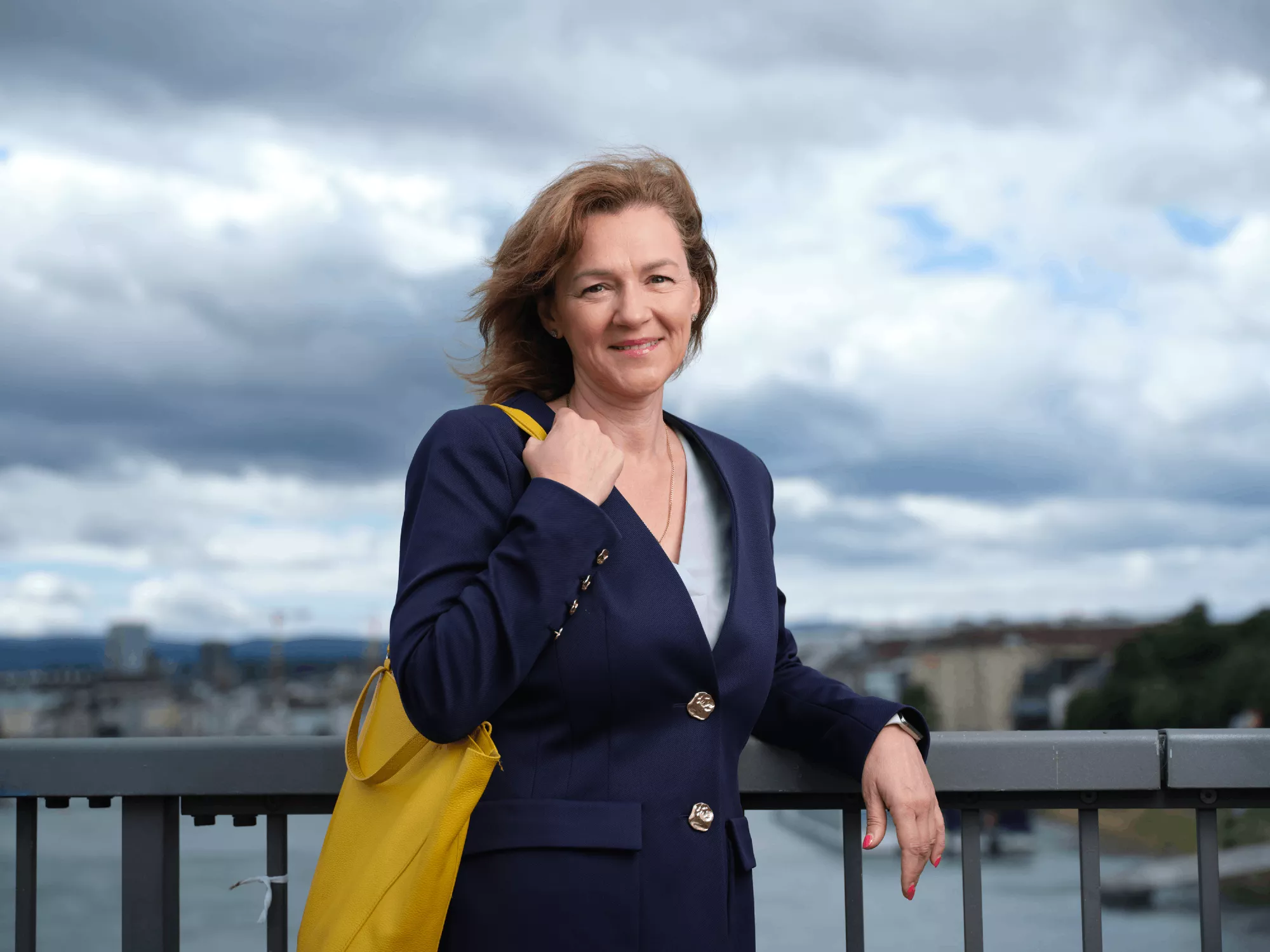
We have this great responsibility to design studies that improve patients' chance to avoid the recurrence of their cancer but also balance it with their quality of life.

